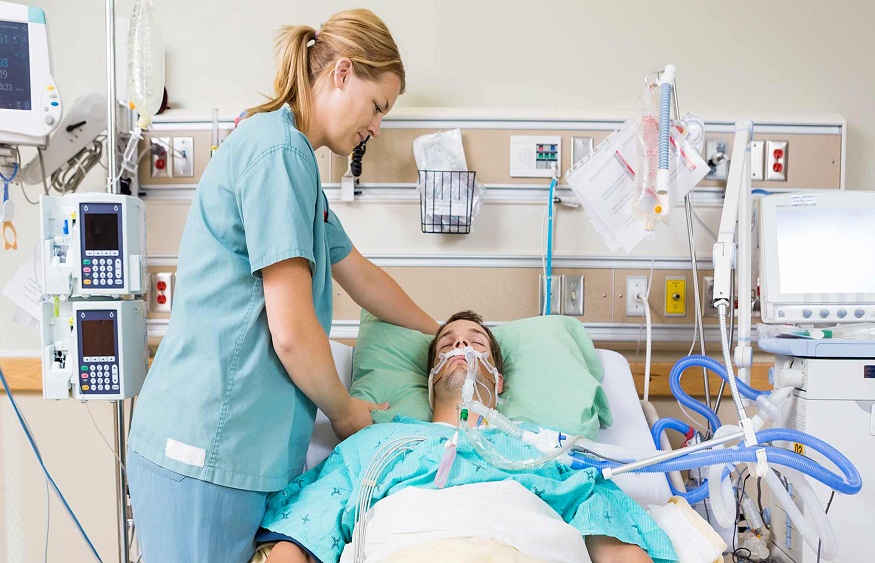Cardiologists On Frontline: Their Role In Acute Medical Units
In the battle for our health, cardiologists play a critical role. They take the frontline, much like soldiers in a war against disease. When we think of acute medical units, we often visualize the fast-paced environment of emergency rooms. But there’s a piece often overlooked – the heart specialists, the cardiologists. And much like a neurologist brighton beach, they stand ready to serve, prepared for the storm of ailments that might come their way. Let’s delve into their pivotal role.
The Responsibilities of a Cardiologist
Cardiologists diagnose and treat heart conditions. They monitor heart disease progress. They use tests like echocardiograms and stress tests. These tools help them make accurate diagnoses. They also guide treatment plans.
Beyond the Clinic: Cardiologists in Acute Medical Units
Acute medical units are high-pressure environments. They require quick decisions. Cardiologists here deal with heart attacks, heart failure, and serious arrhythmias. They work to stabilize patients, start treatment, and plan for aftercare. Their aim – to save lives and improve patient outcomes.
Cardiologist vs Neurologist: A Comparative Look
Like the neurologist Brighton Beach, cardiologists have a specific focus. Neurologists deal with the nervous system. Cardiologists deal with the heart and its issues. Both are integral parts of the medical team.
| Cardiologist | Neurologist | |
| Key focus | Heart and blood vessels | Brain and nervous system |
| Key tests | Echocardiograms, stress tests | EEG, MRI |
| Key conditions | Heart attack, arrhythmias | Seizures, migraines |
Conclusion
Cardiologists play a key role, both in clinics and acute medical units. They are vital to patient care. Their decisions can mean the difference between life and death. They deserve our respect and gratitude.

